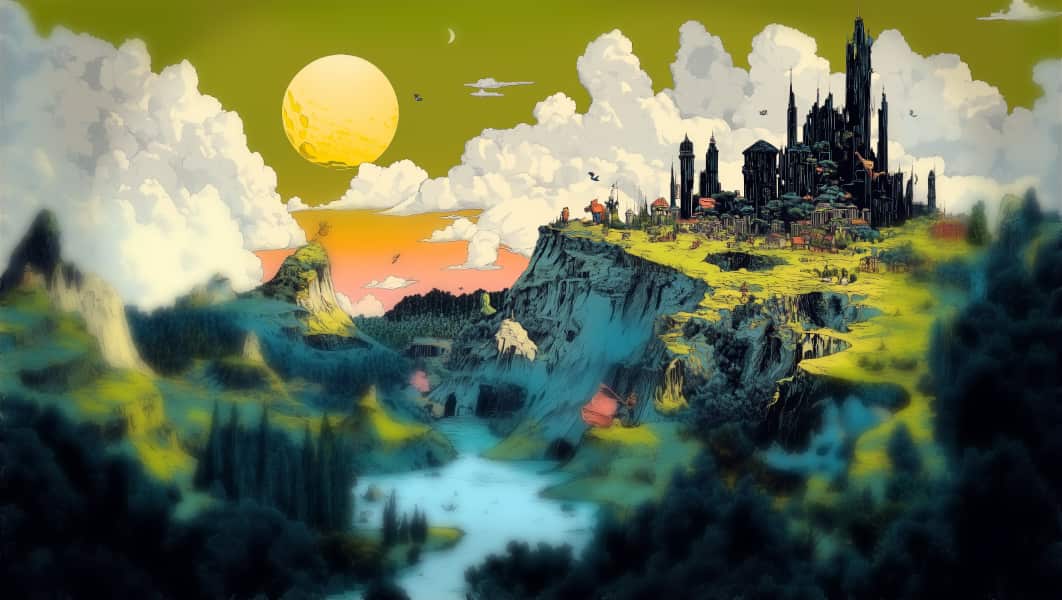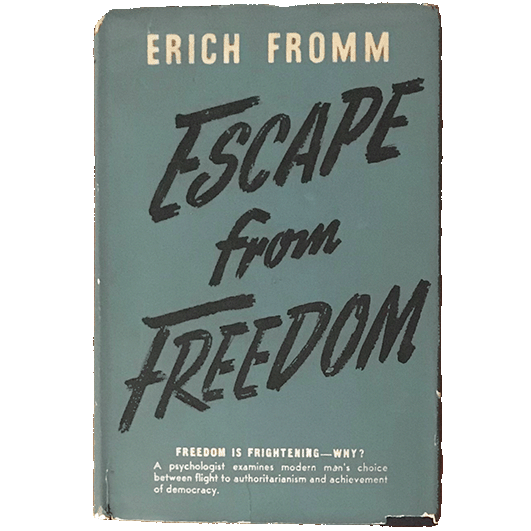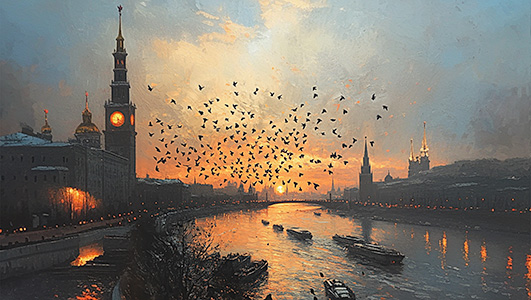About the World
The world is cruel and unjust. But amidst these global injustices, there's a clear trend—the world is getting better. For example, the percentage of people dying in conflicts is steadily decreasing, and quite noticeably so. There are numerous other indicators clearly showing progress.
Currently, the world is fairly singlepolar. This means, even though there are different camps, there is essentially one major camp far bigger than the rest, with a clear leader—let's call it the moral leader. Whether this is good or bad, or whether a multipolar world would be preferable, we'll discuss later. Due to historical developments, the USA has become this moral leader.
Being a moral leader doesn’t mean the country behaves morally, justly, or better in any way. It simply means they've staked a claim to moral righteousness and provided various justifications supporting this. These claims can certainly be contested, but as long as they originate from the leader, they rarely face serious opposition.
Moreover, history shows us that previous leaders were often the worst examples—hypocritical and ruthless, abusing their exceptional status freely. This is precisely what's happening now. The USA is currently the most active aggressor globally: initiating wars, applying economic pressure, funding and inciting coups and protests, and conveniently ignoring blatant violations of international norms whenever beneficial.
Yet, since every previous moral leader committed similar transgressions, a logical question arises—is this unavoidable? Is this just how the world works—the king of the hill can do anything, while others are limited to what the leader permits? Maybe future generations will challenge this, but historically, we lack convincing counterexamples.
But it used to be worse. The USA is terrible as a king of the hill, but who would be better? And how do we even determine who could be a better leader? Two criteria come into play: first, whether a country can realistically become a global leader—very few can—and second, if capable, how it might behave as a leader. This can be gauged by its current domestic behavior and how it treats those fully under its control.
For instance, how Nazi Germany would've behaved with global dominance is clear, based on its actions within Germany and later in occupied countries, like Belarus. Do you think China, if it became the global leader today, would behave better? Issues of legality, human rights, and corruption immediately come up in such hypotheticals. Though imperfect everywhere, differences remain enormous.
The USA commits many dreadful actions internationally but also does many good things. However, leaders are naturally judged by their wrongdoings. They claim they're the beacon of light, a model for others. Other countries don’t presume to teach others how to live, don’t act as global police, nor claim they're bastions of good and democracy.
It's tempting for others to say, "If our moral leader can behave this boldly, why can't we, who don't claim moral leadership, do the same?" Ordinary people and even some politicians express this sentiment. But the reality is, the leader can do anything—or almost anything. Almost anything because the leader still relies on camp support. If the leader oppresses this camp too harshly, everyone will unite against them, ending their dominance.
However, this rebellion won’t happen spontaneously. First, a new leader or coalition must emerge and gradually gain universal support, eventually ousting the overly arrogant leader. This line is thin, yet the USA hasn’t crossed it so far. Any non-leader who attempts similarly bold moves is judged harshly by their actions, not their words, and swiftly reprimanded. Politics is murky; so much happens simultaneously that leaders always find justification for their actions while condemning identical moves by others.
Sometimes, the world can become multipolar, but this doesn't happen casually in global politics. Different ideologies are necessary for new poles to emerge. If two temporarily existing poles have similar ideologies, eventually one loses support, leaving only one dominant pole. When the USSR existed, two distinct ideologies coexisted—capitalism, or so-called free market supremacy of money and the wealthy, and socialism, with its supposed people's economy and imaginary equality, yet with hopes of a decent minimum for the poor. These ideologies were very different, enough to allow two poles despite economic inequality.
At one point, three poles emerged, adding countries whose ideology centered on national superiority above money and power of the wealthy or the poor’s hope for dignity. Germany, Japan, Italy, and their allies formed a third pole. Their camp was also self-sufficient, notably starting when Hitler tackled inflation by making Germany economically autonomous. When war approached, these three camps became economically isolated. They eventually failed, but that's a topic for another post.
Now, back to today. Putin wants to position Russia as a new second pole, creating another camp and becoming its leader. This doesn't work for several reasons. First, Russia's economy isn't self-sufficient, even considering the broadest customs union imaginable, or even merging with China. Also, Russia lacks a distinct ideology. The current setup is the typical notion that money rules, wealth determines opportunities and hierarchy. What new ideological contribution could Russia offer? Would justice increase if Putin’s Russia led globally? Everyone sees how justly Putin governs internally now. His entire power structure relies on mass corruption, controlled by wealthy officials robbing the country systematically. Each corrupt individual has extensive records that can quickly lead to severe punishment. They keep stealing while permitted, supporting this system. Those well-positioned nearby rarely object, especially if conservative-minded, preferring the status quo.
Other countries observe this clearly and do not desire such a camp leader. Actually, there's no real camp, only a few ideological friends who are difficult to manage.
Interestingly, Russia has the potential to become a global leader. It would require a robust economy, political stability, and many happy citizens. Its territory is vast, population still sizable. But corruption—or mass theft—hinders national development. The primary tragedy of Russian corruption isn't theft itself, kickbacks, or bribery, nor the appropriation of natural resource wealth by a handful instead of the people. The main tragedy is that stolen wealth doesn't circulate domestically but drains abroad, invested in foreign banks, overpriced real estate, yachts, and football clubs. Most of this wealth is dead weight; the West extracts Russia's resources, pays digital and paper currency, which then returns abroad. Luxury goods are made abroad, priced extravagantly, paid for with stolen wealth, ultimately benefiting Western economies.
If Russia faces isolation—unlikely, but possible—the country will suffer significantly. Likely, it’ll just be shaken harder, drained even more. Currently, Russia massively exports resources, receiving minimal returns.
Indeed, I deeply wish for fewer wars. Since childhood, despite being fed many false values, fear of war and the value of peace felt genuinely right. It’s terrifying watching people arrested for advocating peace. Wars devastate everyone involved—Germany, USSR, Vietnam, USA, Iraq, Kuwait, Chechnya, and Russia alike.
The world is complex. I don't claim absolute truth—just wanted to share my thoughts given current events



